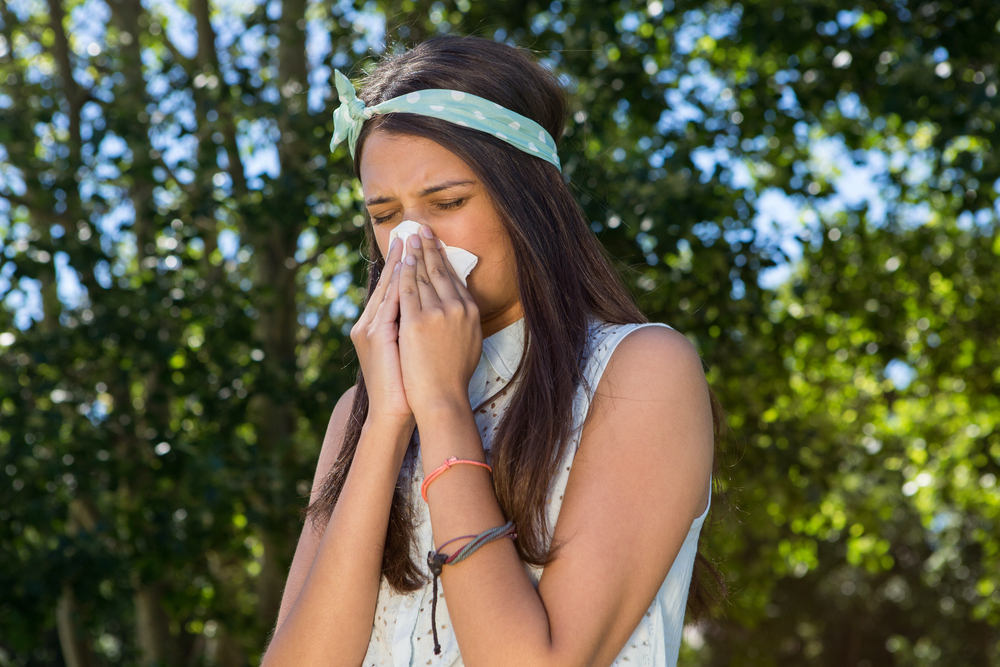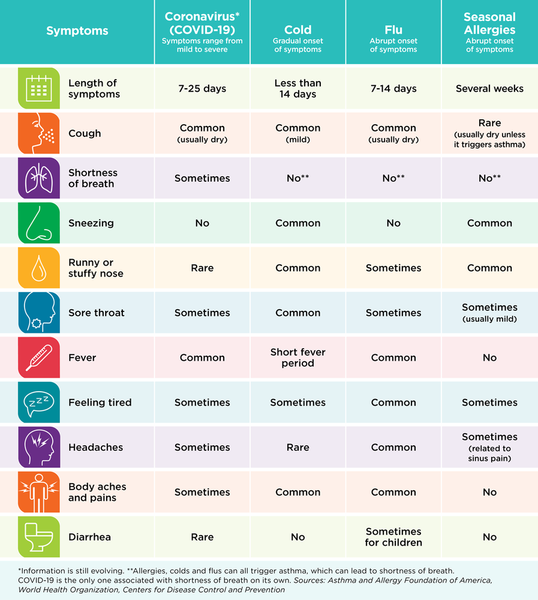Why this allergy season will be worse than usual
Spring has finally sprung, and with it, so is allergy season. This year, spring arrived on March 19, the earliest it’s been in 124 years. Experts believe that this early spring is a harbinger of an early and longer-than-usual allergy season as well. Read on to find out why allergy season will be so bad this year, and how your patients can address their seasonal allergies.
Why is allergy season getting worse?
This winter was uncharacteristically mild, which experts believe will lead to increased pollen production. Both things seem to be the fault of climate change, which continues to raise global temperatures every year. The American Academy of Allergy, Asthma & Immunology notes that global warming has been increasing the amount of pollen produced by trees, grasses, and weeds and extending the duration of the pollen season, and a study published last year in Lancet Planetary Health reports that pollen count has been increasing alongside average temperatures worldwide for the past twenty years, in some places by over 10%.
Is it allergies or COVID-19?
With COVID-19 in the news, your patients may wonder if the onset of seasonal allergy symptoms they're experiencing is actually a sign of COVID-19. However, COVID-19 and seasonal allergies tend to present differently. COVID-19, for example, frequently presents with coughing and shortness of breath, but these symptoms rarely occur in seasonal allergies unless the allergies trigger one's asthma. In addition, sneezing is a common allergy symptom, but it is not a COVID-19 symptom. The Asthma and Allergy Foundation of America utilized information from the CDC and World Health Organization to create a graphic comparing COVID-19, seasonal allergies, cold, and flu that you can share with your patients:
Graphic by Asthma and Allergy Foundation of America
How to mitigate seasonal allergies
Seasonal allergies affect more than 16% of adults and children in the United States, and that number is only increasing. Chances are that your or some of your patients experience seasonal allergies, and you may want to start preparing now: Allergist and immunologist Paige Wickner, MD, MPH of Brigham & Women’s Hospital is advising her patients to take non-prescription allergy medication before the trees start blooming. “Once someone is feeling congested, feeling itchy eyes, sneezing, tickling and cough in the back of their throat... it’s much harder to sort of backtrack. To get them back to baseline, back to feeling 100%,” she said.
Wondering about the pollen count in your area? You can get daily pollen counts and allergy forecasts by plugging your town or zipcode into Weather.com or Pollen.com’s allergy trackers.
AllWays Health Partners’s FlexRx program offers coverage for many common over-the-counter drugs, including allergy relief medications. If your patients are enrolled in one of our HSA-compliant plans, they also have access to our Enhanced Preventative Drug Benefit. When your patients get a prescription for the drugs covered by the benefit, they only need to pay the applicable copay and/or coinsurance, depending on their plan.

